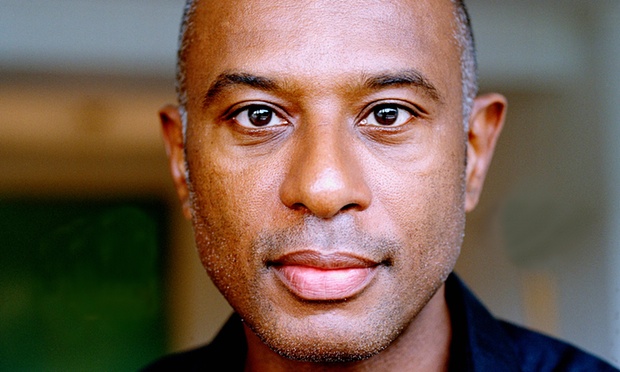


Though spared manacles and a hellish ocean crossing by assisting in the degrading business, he is forced finally to confront an inescapable, vicious paradox: in the eyes of both his masters and his own people he is a pariahless than a man. "About this title" may belong to another edition of this title. In Africa, a man recounts his days within the grinding machine of the slave trade. Petersburg, Fla.Ĭopyright 1989 Reed Business Information, Inc. Serious fiction for larger libraries from the author of State of Independence ( LJ 6/15/86). While both interesting in concept and compelling, the book at times seems to be trying too hard, and the characters seem to lose their naturalness. they have called us nigger, then negro, then colored, and now black do you imagine they will ever call us Americans?" The final story involves a young Polish woman, a refugee from Nazi terror, now trapped in fear and loneliness in England. This searing novel about slavery and its legacy brings the same stylistic virtuosity and tightly focused intelligence of Phillipss other novels. Indeed, one of the story's most telling moments occurs when he asks, ". In the second, a young black man in a Southern jail struggles to maintain his fierce pride and revolutionary fervor in the face of isolation and brutality. In the first, an African adept at languages finds himself the toady of slavers, accepted neither in his world nor theirs. It is such situations that connect the three stories making up this work. Throughout history people have found themselves trapped in dehumanizing situations, their sense of personal dignity challenged.


 0 kommentar(er)
0 kommentar(er)
